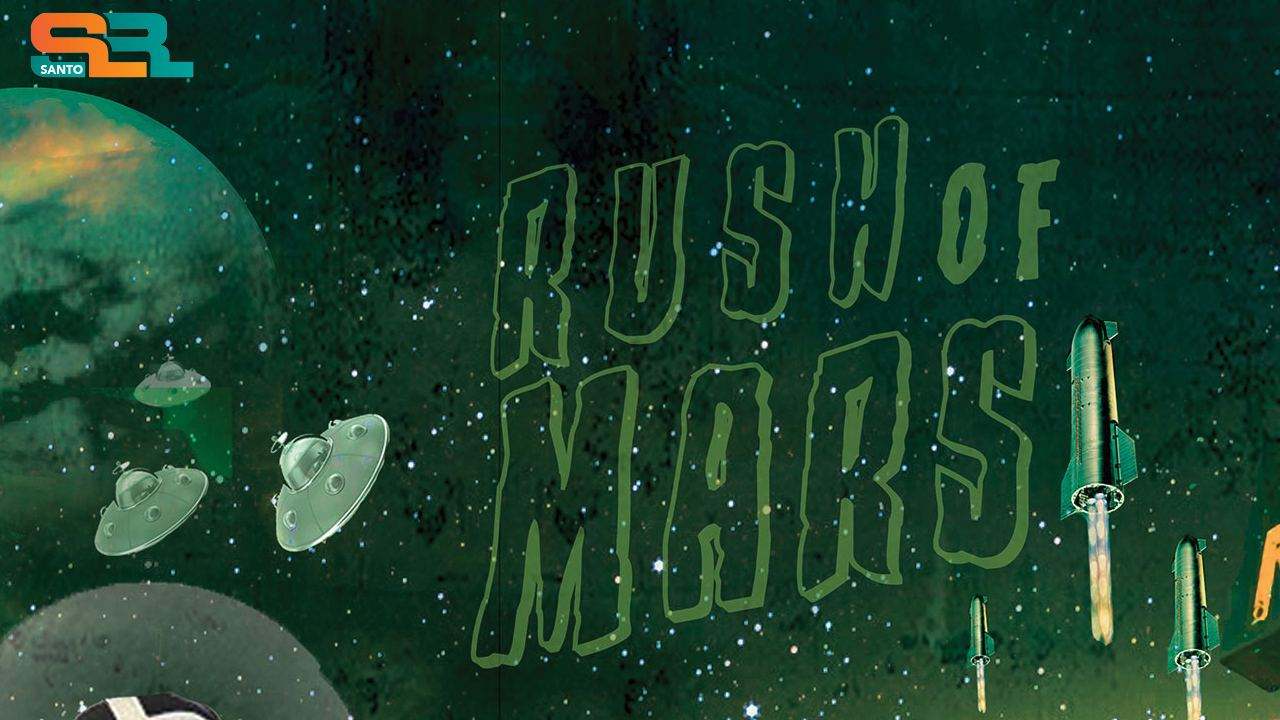Rishi Sunak, the UK chancellor of the exchequer, is pushing forward plans to replace cash with a ‘cryptocurrency’. However, this ‘cryptocurrency’ certainly isn’t like Bitcoin, Ethereum, or any of the other cryptocurrencies in the new digital asset space.
The London Economic, a UK-based digital newspaper, released an article today about Rishi Sunak’s plans to push forward a new digital currency that will revolutionise how Brits spend their money.
The article initially treated the subject in a fairly jokey way, in the style of the less serious British newspapers, referring to the new currency as being called the “DishyRishiDigitalcoin”, and then going on to say that rumour had it that it would be dubbed “Britcoin”.
There then followed the usual media party line of why this new digital version of cash would be far more reliable than actual cryptocurrencies.
“The good old British pound sterling” was what the new digital currency would be replacing. According to the article it would have none of the volatility associated with the crypto market, and that it would be “backed by the central bank”.
Besides also making bank transfers much quicker, the article cited Bank of England boss Andrew Bailey, who recently stated that crypto assets:
“have extrinsic value, in the sense that people like to collect and own them, just as they like to collect and own all sorts of things, but that extrinsic value is highly unstable and could be nothing”.
Crypto assets being “nothing” does seem to rather fly in the face of the huge amount of infrastructure being built out around cryptocurrencies by the smartest and most entrepreneurial brains across the globe.
After a few more quotes from Bailey, the article then lost all seriousness and descended into a long chain of tweets bashing Sunak. However, one of the tweets didn’t miss the point:
Source: Copied from The London Economic article
It could be argued that the main stream media generally follows the crypto bashing line spouted by the likes of world leaders and those at the top of the banking industry, who have an axe to grind as their place at the trough comes under threat.
Turning such a serious event as rolling out a central bank digital currency (CBDC) into a farcical one, is yet another way to infiltrate distrust of cryptocurrencies into the public consciousness.
It could be said that the seeming futility of changing the existing financial system for the better has led to a kind of lethargy on the part of most people. Hardly anyone questions having to pay upwards of 30% interest on debt on credit cards, and being told by your bank that you aren’t allowed to make a payment to someone.
Banks are fined left right and centre for all sorts of criminal endeavours, but the population just takes it, numbed by decades of such goings on, and aware that there is nothing to be done with these banks anyway, as they are deemed “too big to fail”.
Cryptocurrencies are the antithesis of CBDCs. They do not seek to control people, and their transparency makes them the ideal vehicle for engendering people’s trust in the financial system. If CBDCs win out in the end, stand by for personal freedom to be massively and perhaps totally curtailed.
Disclaimer: This article is provided for informational purposes only. It is not offered or intended to be used as legal, tax, investment, financial, or other advice.
Credit: Source link























